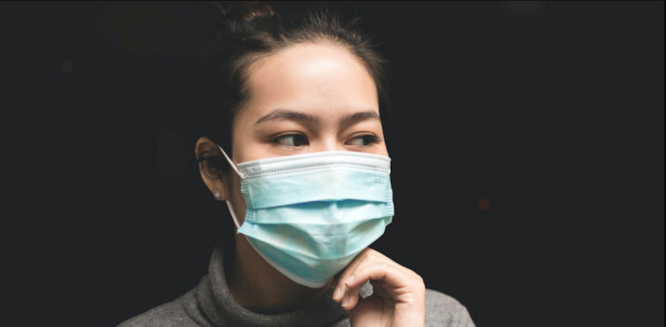Post-pandemic healthcare is normal 2023

As the United States takes another step toward the end of the pandemic, policymakers and public health experts realize that even a disaster like Covid-19 cannot break up the entrenched healthcare system, which is impeded by obstacles such as wealthy lobbyists and immovable partisan divisions.

The likelihood of a pandemic fundamentally altering U.S. health care, whether by bolstering arguments for greater government involvement or a permanent reversal of regulations, is diminishing.
Money talks: As much as the pandemic altered healthcare delivery, according to public health specialists and policymakers, it did not affect the interests of the major actors in the healthcare industry.
Political divides: Prior to the pandemic, lobbyists for hospitals, physicians, insurers, and pharmaceutical companies advocated for similar changes, such as increased government reimbursements and fewer regulations to follow.
Equity issues: Despite the fact that Democrats and Republicans initially agreed on the government’s pandemic response, politics has rapidly divided legislators over the extent to which the government should be involved in Covid responses and health care in general.
Covid is more politicized than the majority of healthcare issues, reducing the likelihood that pandemic programs will continue.
Concerns regarding equity: The influx of pandemic funding to close disparities in health outcomes is dwindling, and programs established with this funding are ailing.
Although some health-equity activists use pandemic progress to argue for funding increases, many have expressed concern that Covid-era funding will not return.
Some areas may experience long-term alterations as a result of Covid. Despite the likelihood that telehealth and vaccine development policies will not profoundly alter U.S. health care, they appear to have staying power beyond the pandemic.
But even these issues, primarily due to entrenched forces, confront formidable obstacles if they are to survive beyond Covid.
